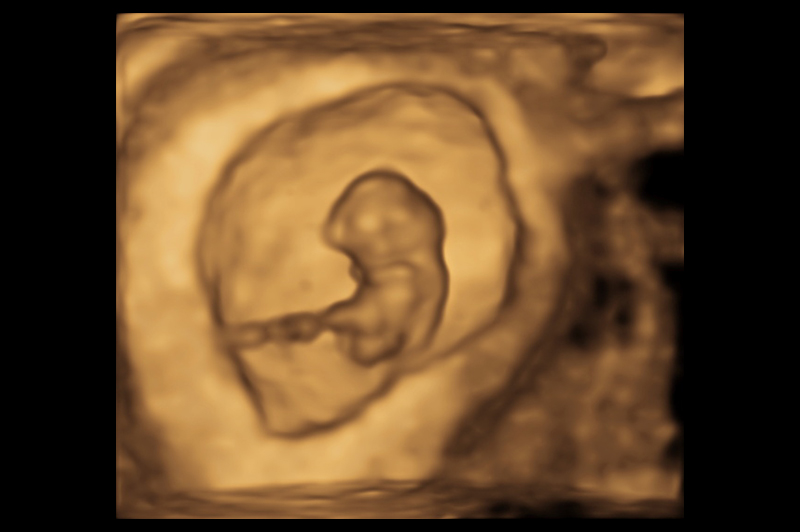Every expectant parent is anxious for reassurance that all is going well with the pregnancy. A blood test from the mother that can look at some of the genetic make-up of the developing foetus, and even tell you the gender, can be an informative step if desired.
The NIPT is an optional test designed to screen for chromosomal abnormalities such as Down Syndrome (or Trisomy 21), that can be done anytime from 10 weeks gestation. There is no Medicare rebate for this test which costs $350 – $500.
Blood is taken from the pregnant woman, as for any routine blood test. The lab then amplifies and ‘reads’ the cell free DNA in the blood, using a technique known as Massively Parallel Sequencing. Most of that cell-free DNA is the mother’s, but some is from the developing foeto-placental unit (mainly from the placenta). The DNA is then counted, and if, for example, the baby has Down Syndrome, or Trisomy 21, there will be more copies of chromosome 21 than the other chromosomes. Most NIPTs will screen for Down Syndrome (Trisomy 21), Edwards Syndrome (Trisomy 18), Patau Syndrome (Trisomy 13), sex chromosome conditions such as Turner Syndrome (monosomy X) and Klinefelter Syndrome (XXY).
Please understand, however, that NIPT is a screening test only. Its aim is to identify those pregnancies at increased risk. No test is perfect, so sometimes it is wrong, i.e. it can give either a false positive or a false negative result. It is imperative that a diagnostic test, such as an amniocentesis, is performed before any irreversible action is taken. The positive predictive value of NIPT is only about 50%, which means that if the test suggests the baby has Trisomy 21, there is only a 50% chance it is correct, and can only be proven true or false using amniocentesis. Furthermore, the test will occasionally indicate that the foetus has normal chromosomes, when, in fact, it does not. Why this happens is something you can discuss with your doctor.
If, you may ask, I choose to have an NIPT, should I still have an ultrasound? The short answer is yes. Although the blood test gives us an indication of the genetic code of the foetus, it does not tell us how that genetic code has been expressed. It is a bit like a having a house plan that is changed a bit during the construction process, so it doesn’t look exactly as we might have expected. The ultrasound lets us figuratively ‘walk through the house’ and make sure, for example, that the bathroom is in the right place.
Prior to having any screening test, it is important to think through and discuss with your partner what you think you would do with a result that suggests that there is a concern with the foetus. While it’s true that you can never be sure what you will do until you are actually in the situation, it is easier if you have spent some time thinking about it before any news comes. Your doctor will be able to help you consider the options, but any decision is up to you and your partner to make.
These are the important take home messages about the NIPT:
- it is a screening test only
- like any screening test, it is not 100% accurate. It is better at ruling a result out than predicting one – even if it suggests the baby might have Down Syndrome, for example, it will only be correct about half the time
- discuss your options and questions with your doctor and partner prior to having the test.

